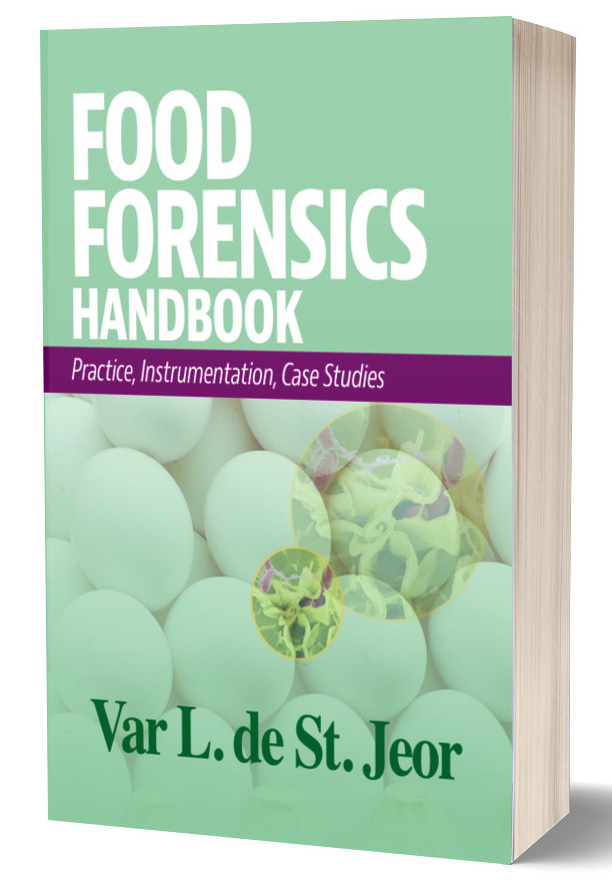Ep. 129. Michael Taylor: Legislating after the 1993 Jack in the Box E. coli Outbreak

Michael R. Taylor is a member of the board of Stop Foodborne Illness, a consumer organization supporting and representing the victims of foodborne illness and their families. From January 2010 to June 2016, he served as Deputy Commissioner for Foods and Veterinary Medicine at the U.S. Food and Drug Administration (FDA). He led FDA's implementation of the Food Safety Modernization Act (FSMA) and oversaw FDA's other food-related activities, including its nutrition, labeling, food additive, dietary supplement, and animal drug programs. Previously, Mike served at FDA as a staff attorney and Deputy Commissioner for Policy, and at the U.S. Department of Agriculture (USDA) as FSIS Administrator and Acting Under Secretary for Food Safety. Prior to re-joining FDA in 2009, he spent nearly a decade in academia conducting food safety, food security, and public health policy research, most recently at George Washington University's School of Public Health. Mike is a graduate of Davidson College and the University of Virginia School of Law.
In this episode of Food Safety Matters, we speak with Mike [2:52] about:
- His experience as Administrator of USDA’s FSIS after the Jack in the Box E. coli outbreak of 1992–1993, including why the agency did not consider pathogenic bacteria to be an adulterant requiring regulation prior to the pivotal outbreak
- How Mike's time at FDA influenced his approach to his work at USDA, such as shifting cultural mindsets and implementing a preventive-based plan for reform in meat and poultry inspection
- USDA's challenges with getting industry to accept new standards for E. coli and Salmonella, which was in part overcome due to the efforts of forward-thinking advocates within industry like David Theno
- The way in which industry’s concept of microbial testing standards and Hazards Analysis and Critical Control Points (HACCP) requirements differed at the time of their regulatory introduction, and the role that difference played in industry’s levels of acceptance
- Mike's perspective on the recent USDA declaration of Salmonella as an adulterant in breaded and stuffed raw chicken products, and what it may mean for the future of Salmonella regulation
- Clarification of what a pathogenic “adulterant” is to USDA, and how the agency regulates adulterated foods
- Positive cultural changes that have occurred over the last 30 years, such as industry’s acceptance of accountability for prevention and the willingness to collaborate between regulators, industry, and the scientific community
- How USDA’s efforts to reform meat and poultry inspection in the mid-1990s laid the groundwork for future food safety successes such as FSMA
- The positive significance of the recent focus on food safety culture, and why Mike believes it would be difficult to regulate the concept in the U.S.
- How the Jack in the Box E. coli outbreak gave political momentum to food safety regulation, as well as how the stories of the outbreak victims personally motivated Mike to sustain his involvement with food safety to this day, including serving as a board member of Stop Foodborne Illness.
We Want to Hear from You!
Please send us your questions and suggestions to podcast@food-safety.com
Looking for a reprint of this article?
From high-res PDFs to custom plaques, order your copy today!








